Most people are told to eat more fiber to support digestion and overall health. Commonly cited benefits include:
- Promoting regular bowel movements
- Improving stool bulk and softness
- Supporting “gut health” through prebiotic effects
We’ve all heard it: “Eat more fiber for better digestion.” For years, this advice has focused especially on increasing soluble fiber.
But growing evidence shows that not all fiber is created equal, and that the traditional soluble vs. insoluble distinction is not only outdated—it can be misleading, especially for people with digestive issues like SIBO, IBS, reflux, or chronic bloating.
🌾A New Way to Think About Fiber
A 2017 review published in the Journal of the Academy of Nutrition and Dietetics titled “Understanding the Physics of Functional Fibers in the Gastrointestinal Tract” 1 directly challenges the conventional fiber narrative.
The authors argue that solubility tells us little about how a fiber actually behaves in the gut. Instead, what really matters are its functional properties:
What actually matters:
- Fermentability – Does it feed gut bacteria and produce gas?
- Viscosity – Does it form a gel and slow digestion?
- Water-holding capacity – Does it bulk or soften stool?
⚠️When Fiber Backfires
Highly fermentable fibers, such as inulin, FOS, wheat dextrin, and many popular prebiotics, are quickly broken down by gut bacteria, producing gas and fermentation byproducts.
For individuals with conditions like SIBO, IBS, or reflux, this excess gas can worsen symptoms like bloating, discomfort, heartburn, and bowel irregularities.
In contrast, low- or non-fermentable fibers, such as coarse wheat bran or psyllium, have been shown to increase stool bulk and water content, helping to treat or prevent constipation. In the case of psyllium, it also improves stool form in diarrhea without significantly promoting bacterial overgrowth.
However, the dose must be carefully managed to avoid unintended effects.
🩺A Clinical Perspective
A 2013 review published in The American Journal of Gastroenterology titled “Fiber and Functional Gastrointestinal Disorders” 2 supports the focus on fermentation, but adds an important clinical nuance:
“Wheat bran… has not been shown to be effective in treating IBS and may even worsen symptoms such as bloating and abdominal discomfort in some patients.”
✅The Bottom Line
It’s not about soluble vs. insoluble. It’s about fermentation.
🤝 How the Fast Tract Diet Helps
That’s why the Fast Tract Diet limits—but doesn’t eliminate—the full spectrum of fermentable carbohydrates, including fiber, for SIBO, IMO, IBS, reflux, and related conditions.
If you’re ready to address SIBO, IMO, or IBS, start by reading the Fast Tract Digestion: IBS book and using the Fast Tract Diet app to guide your implementation.
👉 If you reside outside the U.S., please visit Amazon in your country to find the title.
If you need individualized help for lasting relief and long-term prevention, take the first step by scheduling a complimentary pre-consult appointment.
Click here to get started or call us at (844) 495-1151 (U.S.)
There’s no one-size-fits-all strategy.
Effective fiber use depends on your individual underlying causes. That’s why I take a judicious, personalized approach when incorporating fiber into intervention plans during my consultations.
📚 References
-
McRorie, J. W., & McKeown, N. M. (2017). Understanding the physics of functional fibers in the gastrointestinal tract: An evidence-based approach to resolving enduring misconceptions about insoluble and soluble fiber. Nutrition, 32(1), 10–17. https://www.sciencedirect.com/…/pii/S221226721631187X
-
Eswaran, S., Muir, J., & Chey, W. D. (2013). Fiber and functional gastrointestinal disorders. American Journal of Gastroenterology, 108(5), 718–727. https://doi.org/10.1038/ajg.2013.63
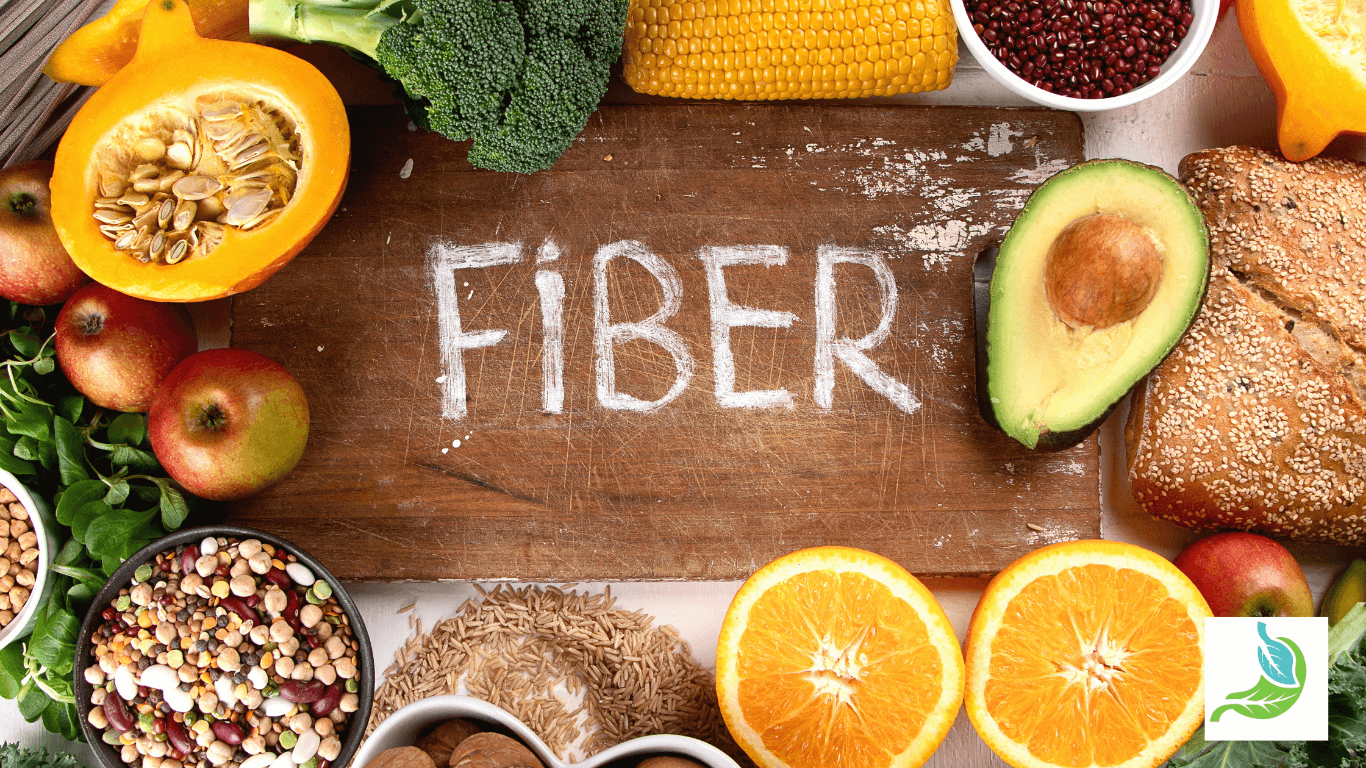



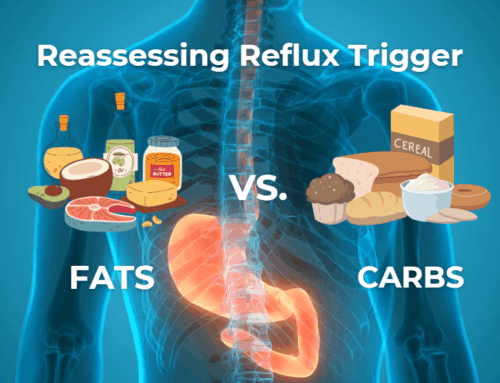
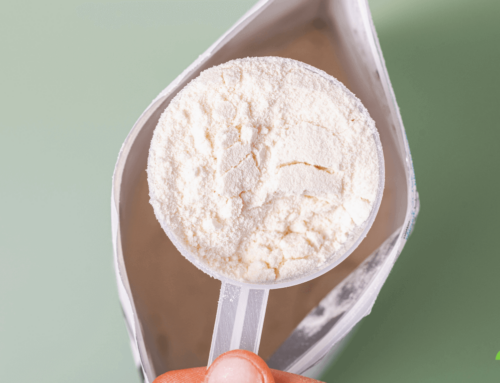

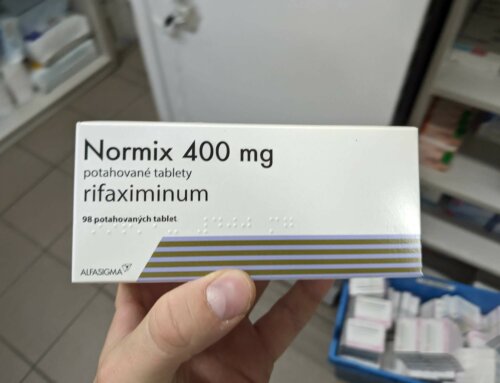
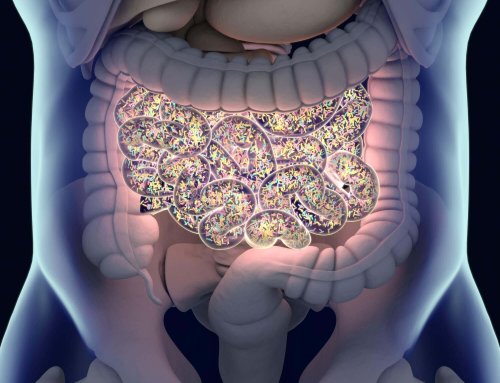
Leave A Comment
You must be logged in to post a comment.